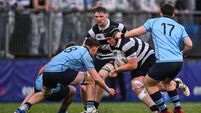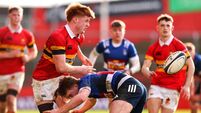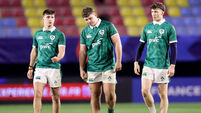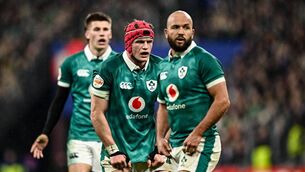Peter Jackson: Hasty draw has skewed the World Cup
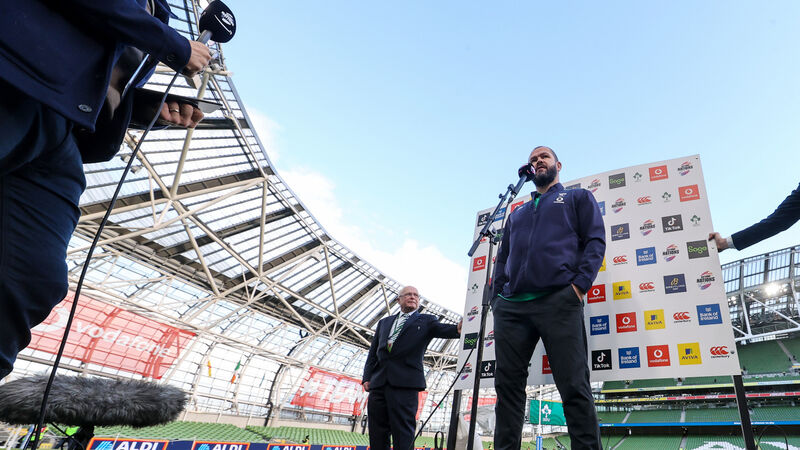
Ireland Head Coach Andy Farrell speaks to the media at the weekend. Picture: INPHO/Billy Stickland
Australia have now lost eight Test matches this year, a fate which Wales managed to avoid seven days after the All Blacks stopped them a long way inside the distance.
The Wobblies will probably lose again in Dublin this weekend before finishing the season in Cardiff where the Welsh are in a state of high anxiety over the decaying condition of what is supposed to be their national sport.



